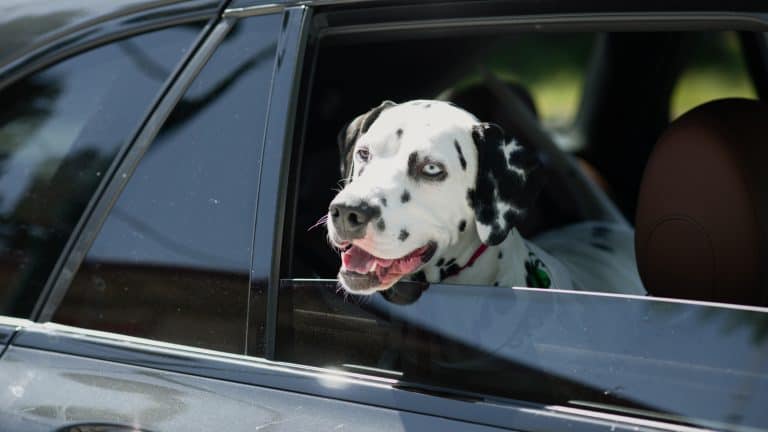There are a number of reasons your dog may be coughing. Here are a few possibilities. If you’re worried, please consult your vet.
Kennel Cough
Kennel cough is a highly contagious respiratory infection that affects dogs in contact with other infected animals, such as at kennels or dog parks. The most common symptoms of kennel cough are a dry, hacking cough and a runny nose. In some cases, dogs may also develop a fever. Kennel cough is usually caused by a combination of bacteria and viruses, and it can be treated with antibiotics and over-the-counter cough suppressants.
Heartworm Disease
Heartworm disease is a parasitic infection that can cause a number of health issues, including coughing. Heartworms are spread through the bite of an infected mosquito, and they can live in the heart and lungs of dogs for several years. The most common symptoms of heartworm disease are a persistent cough, shortness of breath, and weight loss. Heartworm disease can be treated with medication, but it is important to diagnose the disease early to prevent serious complications.
Parasites
Certain parasites can irritate the lungs and airways, causing coughing. The most common parasites that cause coughing in dogs are roundworms and hookworms. These parasites are spread through the feces of an infected dog, and they can infect dogs through contact with contaminated soil or feces. The most common symptoms of parasitic infection are a persistent cough, weight loss, and diarrhea. Parasitic infection can be treated with medication, and it is important to diagnose the disease early to prevent serious complications.
Allergies
Dogs can be allergic to environmental irritants such as pollen, dust mites, and chemicals. These allergies can cause coughing and other respiratory symptoms. The most common symptoms of allergy in dogs are a persistent cough, sneezing, and itchy eyes. Allergies can be treated with medication, and it is important to identify the allergen and avoid it as much as possible.
Heart Disease
Heart disease can cause fluid to accumulate in the lungs, resulting in a dry, hacking cough. The most common symptoms of heart disease in dogs are a persistent cough, shortness of breath, and weight loss. Heart disease can be treated with medication, and it is important to diagnose the disease early to prevent serious complications.
Foreign Objects
Dogs may swallow or inhale foreign objects that can become lodged in their airways and cause coughing. The most common foreign objects that dogs swallow or inhale are bones, toys, and coins. If a foreign object is lodged in the airway, it can cause a persistent cough, difficulty breathing, and even death. If you suspect that your dog has swallowed or inhaled a foreign object, it is important to take them to the veterinarian immediately.
Infection
Tracheal Collapse: This is a condition where the trachea (windpipe) weakens and collapses, leading to a persistent dry cough. The most common cause of tracheal collapse is age, but it can also be caused by genetics or injury. The most common symptoms of tracheal collapse are a persistent cough, difficulty breathing, and a wheezing sound. Tracheal collapse can be treated with medication and surgery.
Asthma
Dogs can suffer from asthma, a condition where the bronchi become inflamed and constricted, making breathing difficult. The most common symptoms of asthma in dogs are a persistent cough, wheezing, and difficulty breathing. Asthma can be treated with medication, and it is important to identify the trigger and avoid it as much as possible.
Lung Cancer
Dogs can be affected by lung cancer, which can cause coughing. The most common symptoms of lung cancer in dogs are a persistent cough, weight loss, and shortness of breath. Lung cancer can be treated with surgery, chemotherapy, and radiation therapy.
Pneumonia
Pneumonia is a bacterial or viral lung infection that can cause symptoms such as coughing. The most common symptoms of pneumonia in dogs are a persistent cough, fever, and difficulty breathing. Pneumonia can be treated with antibiotics, and it is important to diagnose the disease early to prevent serious complications.
It’s best to consult a veterinarian for a proper diagnosis and treatment.
If you are concerned about your dog’s coughing, it is important to take them to the veterinarian for a proper diagnosis and treatment. The veterinarian will be able to determine the cause of the coughing and recommend the best course of treatment.










